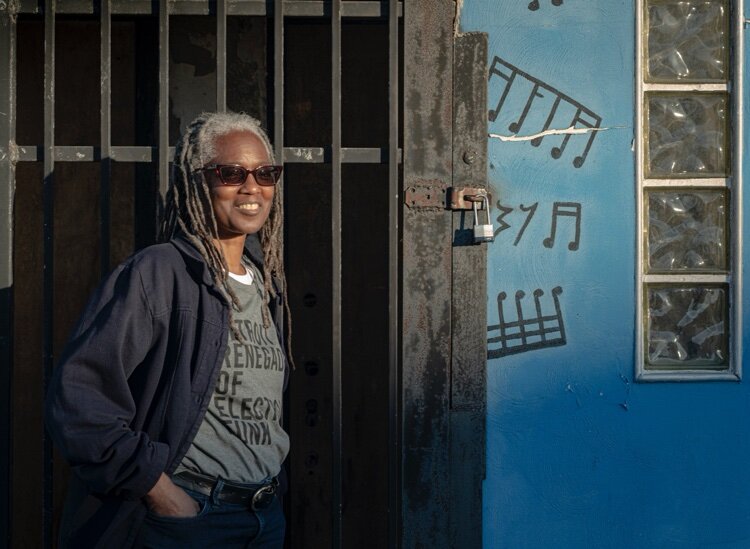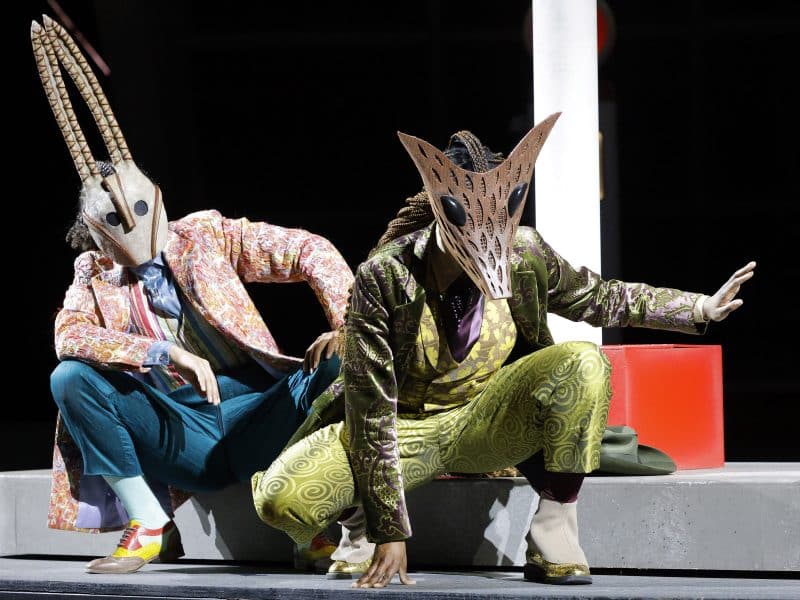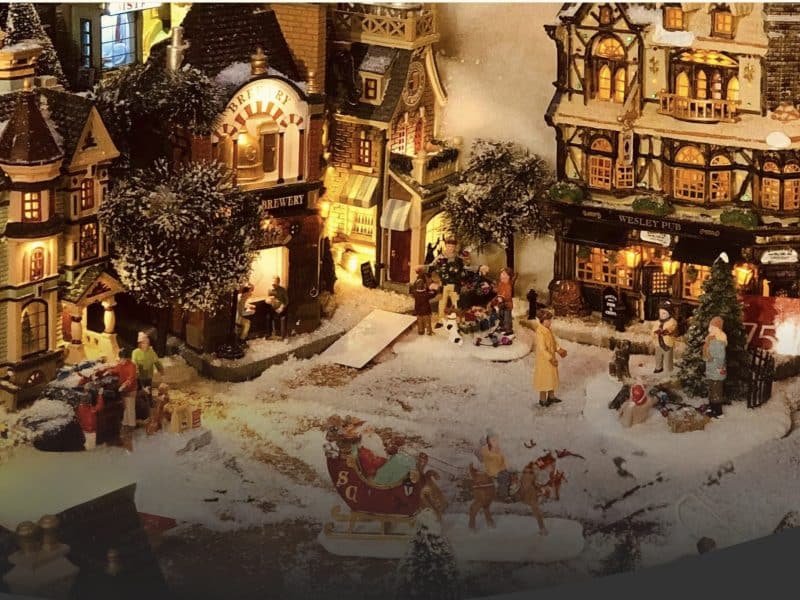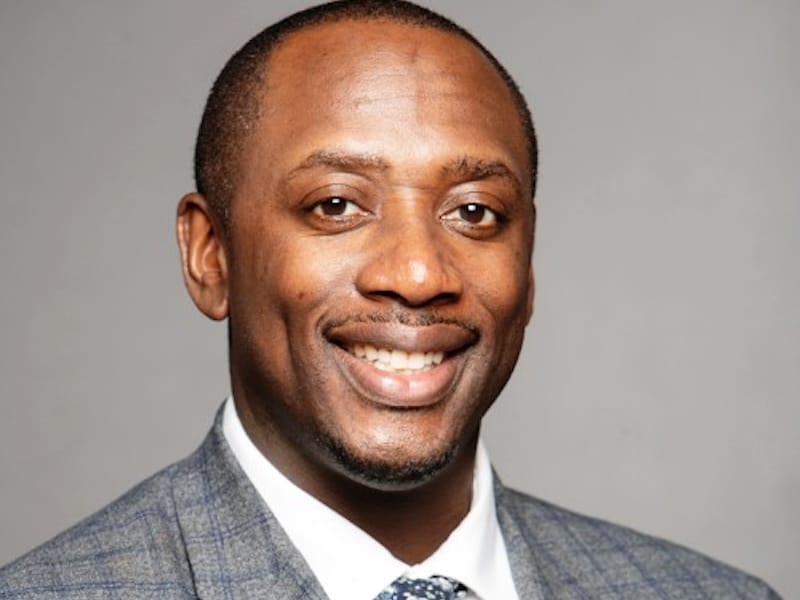Whether it’s preserving oral histories and physical spaces, or archiving musical artifacts and recordings, the Detroit Sound Conservancy has quickly established itself as a champion of not only Detroit music but of Detroiters themselves.
The nonprofit is currently in the midst of a fundraising effort to fix the roof of the historic Blue Bird Inn, a now-vacant jazz club on Tireman on Detroit’s Old West Side. Having saved and refurbished the old Blue Bird stage, the nonprofit now owns the club itself. The goal is to transform the former jazz club into a community center, Detroit music museum and repository, an events space, and more.
We spoke with Detroit Sound Conservancy executive director Michelle Jahra McKinney following their recent Instagram takeover as part of the Model D Explorer Series.
Model D: What’s going on with the Blue Bird Inn right now?
Michelle Jahra McKinney: So the stage is in storage right now — but that stage has been all over the world. My goodness. And so we’re trying to refurbish its home, so it can come back to the Blue Bird Inn. On that stage, there was some wonderful talent. It was John Coltrane, it was Charlie Parker and Miles Davis. A lot of people from that time came there and became mentored by the people who worked there and created this whole community.
Model D: What’s the vision? What do you hope to turn the Blue Bird into?
Michelle: Well, right now we’re in conversations with the churches, schools, and the block clubs that are around there. We’re asking the community what they want to see there. We know what we want to see there. We want a repository that collects Detroit music and makes it available to people. But we’re asking them what they would like to see it become, too. We want to help make that community more vibrant. That community has really, really been neglected. And it’s really systemic racism — I’m telling you, just out cold. Like the way they bulldozed the expressway through Black Bottom, it’s kind of the same deal. This is one of the first communities where Black people were allowed to buy homes, where they were able to have their own churches. If you go down there you’ll see a church on every other block. There’s a lot of churches.
So for me, looking at that community, I think the Blue Bird Inn would be a perfect place for them to come back and use it for gathering and to build another heart of the community. We’ll be mobile enough inside of the building, and we’ll configure it to fit block clubs, middle schoolers and high schoolers. We can have those kids come and learn how to be archivists and do oral histories and be educated or have a music class. We can have that place where the community could thrive and build itself.
So it’s not going to be just a repository, but a community center for kids and seniors and working folks to come by and maybe hear part of our conference on jazz or come by and hear some music of the other ethnic communities in Detroit. We have a big Polish community. We have a big Arab community. So they would all be welcome to come and do some presentations or programs out of that space.
Model D: How might preserving Detroit’s past musical legacy affect the future of Detroit? Why is that important?
Michelle: I think that if Detroit realized its importance in the world — as a world citizen, as a sister city to all of these other cities — I think that that would be a boon for the cultural community here. If we were able to get Detroit to acknowledge and realize their importance in the world, to put more of their resources towards building the school system’s cultural arts programming, the cultural outreach programming that we have and the different organizations that we have, they would get a boost.
I think that Detroit’s music is one of its greatest contributions to the world. Cars? Okay. Transportation? Alright. But something that affects somebody’s soul? I think it’s extremely important for Detroit to recognize itself as that resource for the world and to put money and resources behind growing that community. Music and the arts, it affects a person so much on the inside; it enhances our quality of life. It’s such an important part of being a human being. As soon as Detroit pays more attention to that, I think it will up our game on the world stage. It’s so vitally important that they recognize and engage their roots and their legacy. That’s why people know them in the first place. Extend it into the future, so that more of the industries and resources of the world come to connect to us better. So, to me, it’s a part of the grand scheme of what kind of world-class City Detroit could become.
Model D: It does seem like there’s so much opportunity there. Look at some cities — places like Nashville, Memphis, New Orleans — and the way they’ve been able to incorporate music into their identity and districts.
Michelle: We have Motown, but it’s not developed. I mean, it’s starting. Motown got some millions of dollars, and they are growing themselves. But you can’t just do one place. Yes, they are a production company, which has a repository and museums — but they got the Motown museum thanks to Esther Gordy. They wouldn’t have that without her, she had the vision. So we need to have more than just one place and [not be a] one-trick pony. We need to expand that consciousness to any cultural organization that is supporting that dream.
*This interview has been edited for length and clarity.






